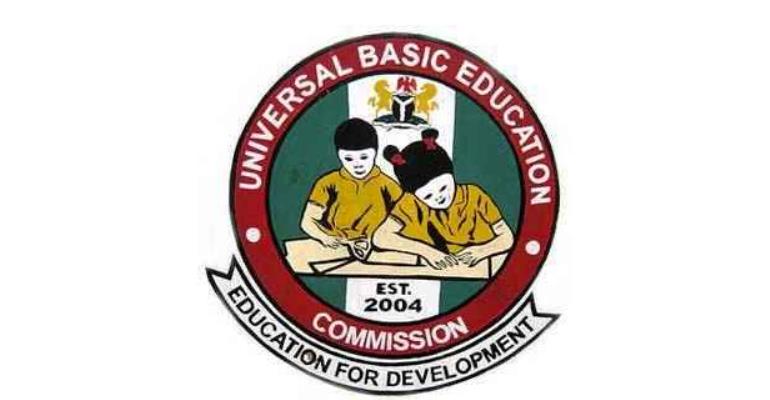Why we introduced vocational school – UBEC
The Executive Secretary, Universal Basic Education Commission (UBEC), Dr Hamid Bobboyi, has said that the vocational school was introduced by the commission to address the out-of-school challenge in some states of the federation. Dr Bobboyi, who was the special guest at the Nigerian Military School 2019/2020 Academic session passing out parade ceremony and commissioning of […]

Universal Basic Education Commission (UBEC)
The Executive Secretary, Universal Basic Education Commission (UBEC), Dr Hamid Bobboyi, has said that the vocational school was introduced by the commission to address the out-of-school challenge in some states of the federation.
Dr Bobboyi, who was the special guest at the Nigerian Military School 2019/2020 Academic session passing out parade ceremony and commissioning of Universal Basic Education Vocational Centre, said basic skills are very necessary for every child at the basic level, according to a statement from the commission.
- World AIDS Day: ‘People Rather Sit With COVID-19 Patients Than An HIV Positive Person’
- Terrorism May Persist For Another 20 Years In Nigeria – Buratai
According to Bobboyi, most successful business owners and entrepreneurs in Nigeria started by acquiring vocational skill or training that was in high demand in the society.
“Vocational education assists individuals to be better in their jobs as they acquire great learning experience,” he added.
While noting that the move was to integrate the boy-child into basic education for ensuring quality and sustainable knowledge, he said the completed and commissioned UBEC vocational training centre intervention project was equipped with computer and electrical equipment and accessories.
He explained that training in the Nigerian Military School (NMS) involved military and academic activities for each academic session.
The NMS came into being on May 20, 1954, with an initial intake of 30 boys known as “the first platoon”. With the introduction of the new policy of education, the school now runs a six-year training programme broken into junior and senior secondary classes of three years duration each.
All the subjects required by this policy are taught at the school.
